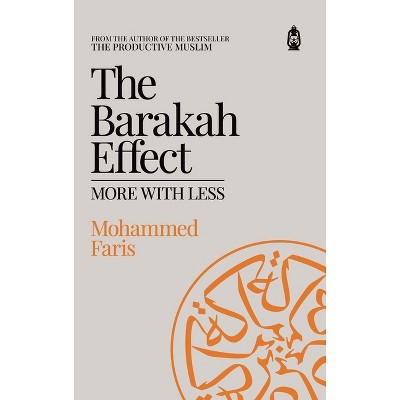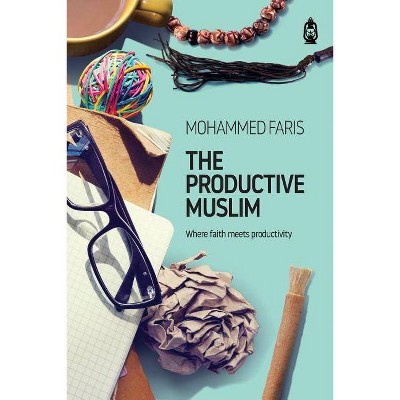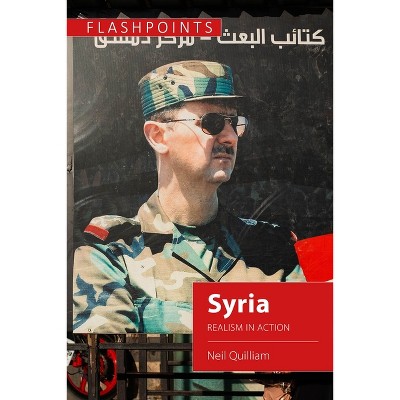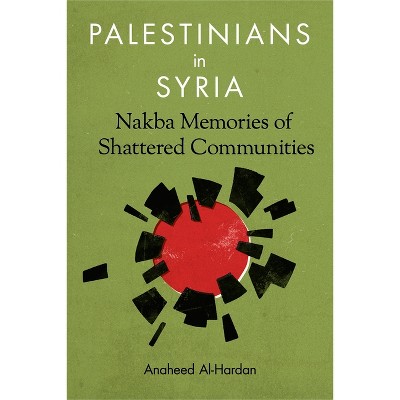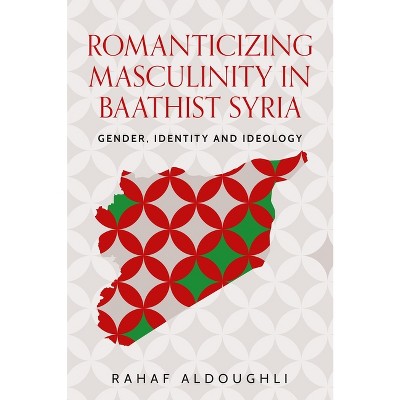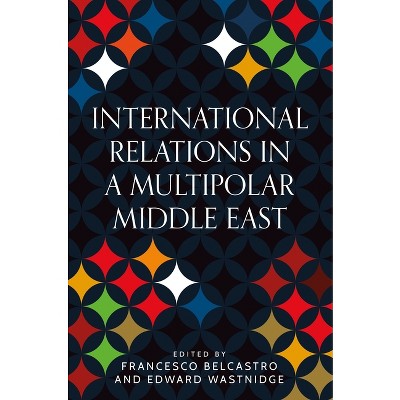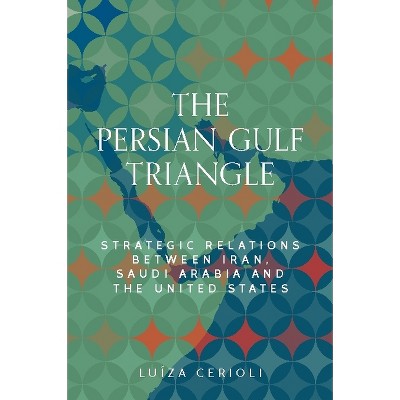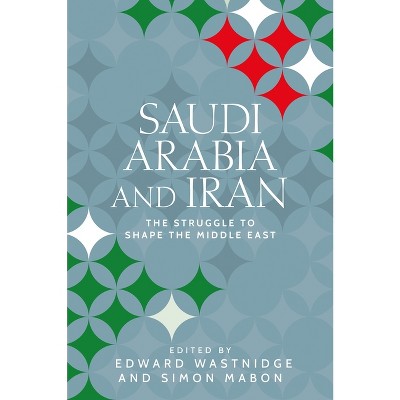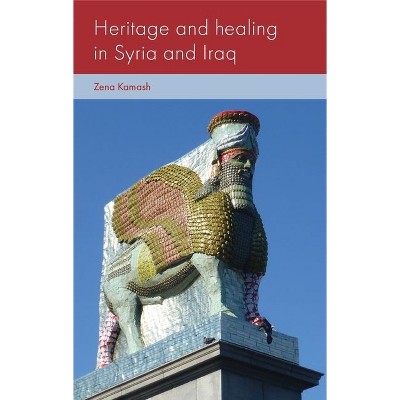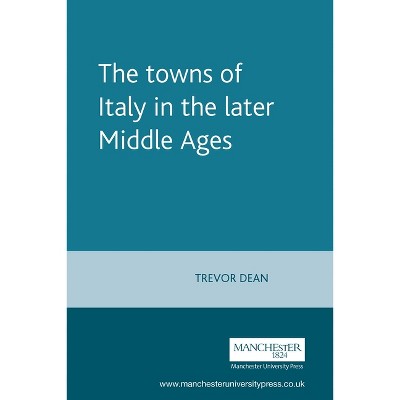Urbicide in Syria - (Identities and Geopolitics in the Middle East) by Gabriel Garroum Pla (Hardcover)

About this item
Highlights
- This book provides an exhaustive analysis of the relationship between violence, urban space, and political subjectivity in Syria.
- About the Author: Gabriel Garroum Pla is a Postdoctoral Researcher at Pompeu Fabra University (UPF)
- 250 Pages
- Political Science, World
- Series Name: Identities and Geopolitics in the Middle East
Description
About the Book
Through the cases of Damascus and Aleppo and adopting a postcolonial perspective, this book explores how urbicide (the destruction and violent recomposition of urban space) is central to the Syrian regime's wartime rearticulation of state-society dynamics, the production of loyalty, and the shaping of political subjectivities.Book Synopsis
This book provides an exhaustive analysis of the relationship between violence, urban space, and political subjectivity in Syria. It does so through an exploration of how urbicide, the violent destruction and alteration of the urban fabric, becomes a tool for the regime's governmental and sovereign exercise of power, decisively redefining state-society dynamics and cementing political loyalty in Syria. Adopting a critical and postcolonial perspective, and through the cases of Damascus and Aleppo, the volume presents a unique perspective on the civil war by examining socio-material changes in everyday political spaces and processes, from mundane destruction to urban development and reconstruction efforts, and how these are experienced by local communities. Featuring rich data collection through interviews, archival research, and aesthetic sources, the book ultimately foregrounds Syrians' political agency and creativity despite ruination.From the Back Cover
The Syrian civil war is one of the most destructive armed conflicts of our time. Yet, destruction and the spaces where it has taken place have been largely unexplored, as the study of war in the region has focused on broader macro dynamics.
This book examines how the urbicide of Syria - the destruction and violent spatial alteration of its cities - emerges as a mechanism of governmental and sovereign power, reshaping political subjectivities and state-society relations. It does so by exploring socio-material transformations in everyday urban spaces and processes, from the ruination of homes and neighbourhoods to urban planning and reconstruction. Taking the cases of Damascus and Aleppo, this volume provides a unique window to the Syrian civil war and shows the importance of approaching war through lived experience.
By employing critical political theory and a postcolonial perspective, the study situates urbicide within Syria's state formation. It unravels how colonial socio-material power relations remain central to how spatial violence is mobilised to produce political loyalty. With a wide range of in-depth interviews, archival research, and aesthetic sources, Urbicide in Syria provides an invaluable window to the interplay between the Syrian regime and various other local and international actors. Notably, it emphasises the role of Syrians' political agency and creativity amid urbicidal violence, destruction, and authoritarian survival. Ultimately, this volume reveals the intricate relations between political violence, urban space, and the formation of identities in contemporary Syria, contributing meaningfully to the scholarly literature on the Post-Arab Spring Middle East.
About the Author
Gabriel Garroum Pla is a Postdoctoral Researcher at Pompeu Fabra University (UPF)Shipping details
Return details
Guests also viewed
